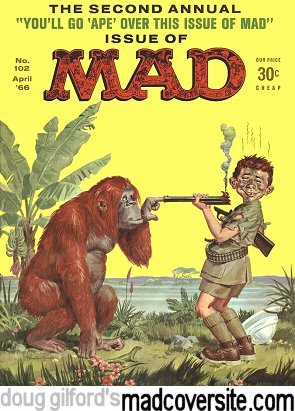https://en.wikipedia.org/wiki/Mirror_test#Primates_2 wrote:
<<The mirror test – sometimes called the mark test, mirror self-recognition test (MSR), red spot technique, or rouge test – is the traditional method for attempting to measure self-awareness. However, there has been agreement that animals can be self-aware in ways not measured by the mirror test, such as distinguishing between their own and others' songs and scents. On the other hand, animals that can pass the MSR do not necessarily have self-awareness.
In the classic MSR test, an animal is anaesthetised and then marked (e.g., painted, or a sticker attached) on an area of the body the animal cannot normally see. When the animal recovers from the anesthetic, it is given access to a mirror. If the animal then touches or investigates the mark, it is taken as an indication that the animal perceives the reflected image as itself, rather than of another animal. Very few species have passed the MSR test. As of 2015, only great apes (including humans), a single Asiatic elephant, dolphins, orcas and the Eurasian magpie have passed the MSR test. A wide range of species have been reported to fail the test, including several species of monkey, giant pandas, sea lions, and dogs.
Findings for gorillas are mixed. At least four studies have reported that gorillas failed the MSR test.
It has been suggested that the gorilla may be the only great ape "which lacks the conceptual ability necessary for self-recognition". Other studies have found more positive results, but have tested gorillas with extensive human contact, and required modification of the test by habituating the gorillas to the mirror and not using anaesthetic. Koko reportedly passed the MSR test, this was without anaesthetic. In gorillas, protracted eye contact is an aggressive gesture and they may therefore fail the mirror test because they deliberately avoid making eye contact with their reflections. This could also explain why only gorillas with extensive human interaction and a certain degree of separation from other gorillas and usual gorilla behaviour are more predisposed to passing the test.>>
